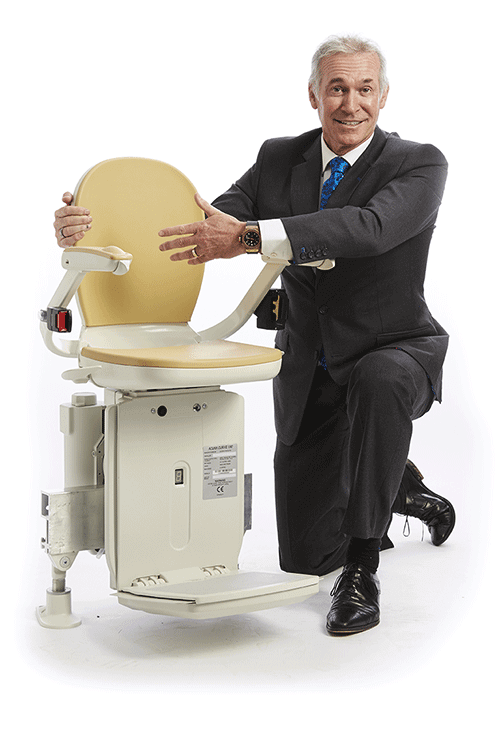Ageing is a natural process we all experience. This modern age we live in has produced many helpful ways to slow the speed of ageing, aid those whose lives have changed, and create a bright future. With research and extensive work, medical professionals have designed different therapies that may aid ageing seniors in one or more ways. Take a look at a couple of the most recent and popular treatments.
Animal Therapy
Whether it's a beloved dog or a stop at the nearest animal shelter to pet kittens, studies show animals can lessen the feeling of depression associated with loneliness or isolation. Even specific animals are trained to provide resources to those who need them; this is called animal-assisted therapy. Animals of all shapes and sizes and their contact with them are also known as human-animal interaction (HAI). Research has shown that increasing the incorporation of animals in a therapeutic setting positively impacts mental and physical health.
 One of the most researched topics when it comes to HAI is cardiovascular health. Pet ownership and association can potentially lower blood pressure, heart rate and promote faster recovery from mental stress. This type of therapy can also alter depression and anxiety. Animal-assisted endeavours can be connected to reduced depression/feeling of loneliness for populations in older adults with no cognitive impairment. Not only is mental health outcomes come from animal therapy. Animals can promote more physical activity, and one study found that older adults who walked an animal had less deterioration in their ability to do everyday activities. Animals are incredible, and the influence they have on healthy ageing is highly impactful.
One of the most researched topics when it comes to HAI is cardiovascular health. Pet ownership and association can potentially lower blood pressure, heart rate and promote faster recovery from mental stress. This type of therapy can also alter depression and anxiety. Animal-assisted endeavours can be connected to reduced depression/feeling of loneliness for populations in older adults with no cognitive impairment. Not only is mental health outcomes come from animal therapy. Animals can promote more physical activity, and one study found that older adults who walked an animal had less deterioration in their ability to do everyday activities. Animals are incredible, and the influence they have on healthy ageing is highly impactful.
Music Therapy
Therapy in the musical variety can also benefit ageing adults in many ways. From music classes to wellness groups that highlight music, there are many ways for adults to gain the benefits of music therapy. Nowadays, more and more opportunities and therapists feature this type of aid to all sorts of people, significantly older adults. According to the Older American Act of 1992, "...interventions by a specifically selected by a music therapist to accomplish the restoration, maintenance, or improvement of social or emotional functioning, mental processing, or physical health in an older adult."
Those living with dementia or Alzheimer's disease may lose their ability to speak but, through music therapy, can sing some of their favourite songs or repeat lyrics. Music can also help maintain memory and cognitive function as individuals. There are options like sensory training and reality orientation that utilise music to reground people, in reality, restoring an accurate environment for those with memory loss. The social aspects of music are also beneficial. It can increase bonding with others and foster self-expression when it comes to social situations. All in all, music therapy can have a more profound impact on different aspects of ageing adults.
Of course, the above therapies do not replace seeing a doctor or medical professional if you need help. If you are genuinely concerned about your health or the health of a loved one, be sure to contact your doctor to find out more about some of the best treatments for the unique situation. When it comes to conditions on the stairs, like hazards, fall prevention, and erratic movement, look no further than a stairlift. A stairlift can change the way you move throughout your home. Restore a sense of independence when you can use the stairs safely without the help of others. If you would like to find out more information about how a stairlift could change several aspects of your life, check out some of our other blogs. For a free, no-obligation quote, visit our contact form, and we will reach out as soon as possible.
Sources:
Gee, Nancy R, et al. “Human-Animal Interaction and Older Adults: An Overview.” Frontiers in Psychology, Frontiers Media S.A., 21 Aug. 2017, www.ncbi.nlm.nih.gov/pmc/articles/PMC5573436/.
Guy, Judy. “Music Therapy & Older Adults Fact Sheet.” The Music Therapy Center, www.themusictherapycenter.com/wp-content/uploads/2016/11/mtcca_olderadults.pdf.

